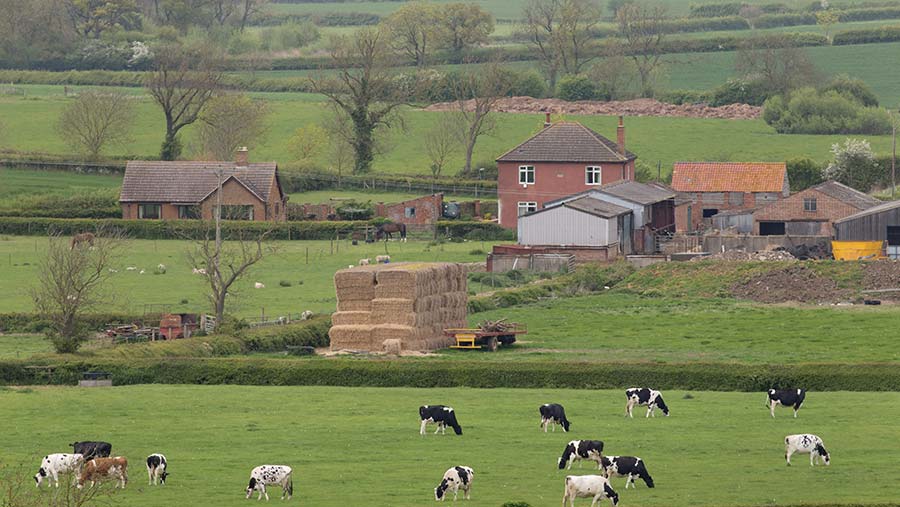Business Clinic: Should I use a trust to bequeath farm?
 © Tim Scrivener
© Tim Scrivener Whether you have a legal, tax, insurance, management or land issue, Farmers Weekly’s Business Clinic experts can help. Here, Chris Thorpe of Moore Scarrott advises on how trusts can protect assets and in some cases save tax.
Q I’ve read that trusts could be a useful way of leaving the farm to my grandchildren on my death – is that true?
A: In a word, yes. However, it’s not just in death that trusts can be useful. If you own a non-farming asset (a rental property for example) and wished to gift it to a family member now, it would likely attract a capital gains tax (CGT) charge.
However, anything you put into a trust is effectively CGT-free. There is an added benefit that while you have given the asset away, including for inheritance tax (IHT) purposes, you are still able to retain some control over it and ensure that the family silver is kept safe.
A trust involves a legal owner (the trustees), and a beneficiary (the person/people) who can use the asset or benefit from it.
If you were to put the asset into trust, you would be the “settlor”, but you could also be a trustee at the same time to retain some control. Other trustees would be trusted individuals with whom you would be comfortable looking after the farm or other asset.
See also: Business Clinic – Expert answers to readers’ tax, legal and financial questions
The beneficiary can be one person, or a group – for instance, your children, their children and their children. A trust can last up to 125 years so can span generations. Beneficiaries can use the assets (live in them, work them etc) and/or receive income deriving from them.
Returning to your question, a trust can be set up on your death to benefit your grandchildren, and indeed any other members of your family and future generations. This type of trust is usually known as a ‘will trust’ – simply because it is established via your will.
You could leave the farm directly to certain family members without using a trust as there is no IHT tax saving from leaving assets in a trust. However, by leaving it in a trust you can ensure that all family members benefit fairly.
For example, one grandchild might be running the farm, whereas their siblings work elsewhere. You could leave the farm in its entirety to that working farmer (not using a trust), but then the other siblings would be left out and maybe even challenge your will.
Conversely, if you leave the farm to all the siblings, the ones who move out might not want the responsibility of ownership.
Also, you could leave the farm to a family member whose marriage is looking doubtful and you are afraid it would be subject to a divorce settlement. Alternatively, your grandchildren might be too young to own a farm.
If the farm were left in trust on your death, the trustees (who would be fully aware of your wishes) could ensure, using the above example, that the farmer was free to farm and reap the rewards from their labours, while simultaneously the other siblings also benefited.
As the farm is locked away in trust, the land will be immune from the individual beneficiaries’ own life decisions and remain intact for future generations.
There is potentially extra administration involved in trusts, and the tax treatment of the farming income can vary depending on what type of trust you establish.
Do you have a question for the panel?
Outline your legal, tax, finance, insurance or farm management question in no more than 350 words and Farmers Weekly will put it to a member of the panel. Please give as much information as possible.
Email your question to FW-Businessclinic@markallengroup.com using the subject line “Business Clinic”.

